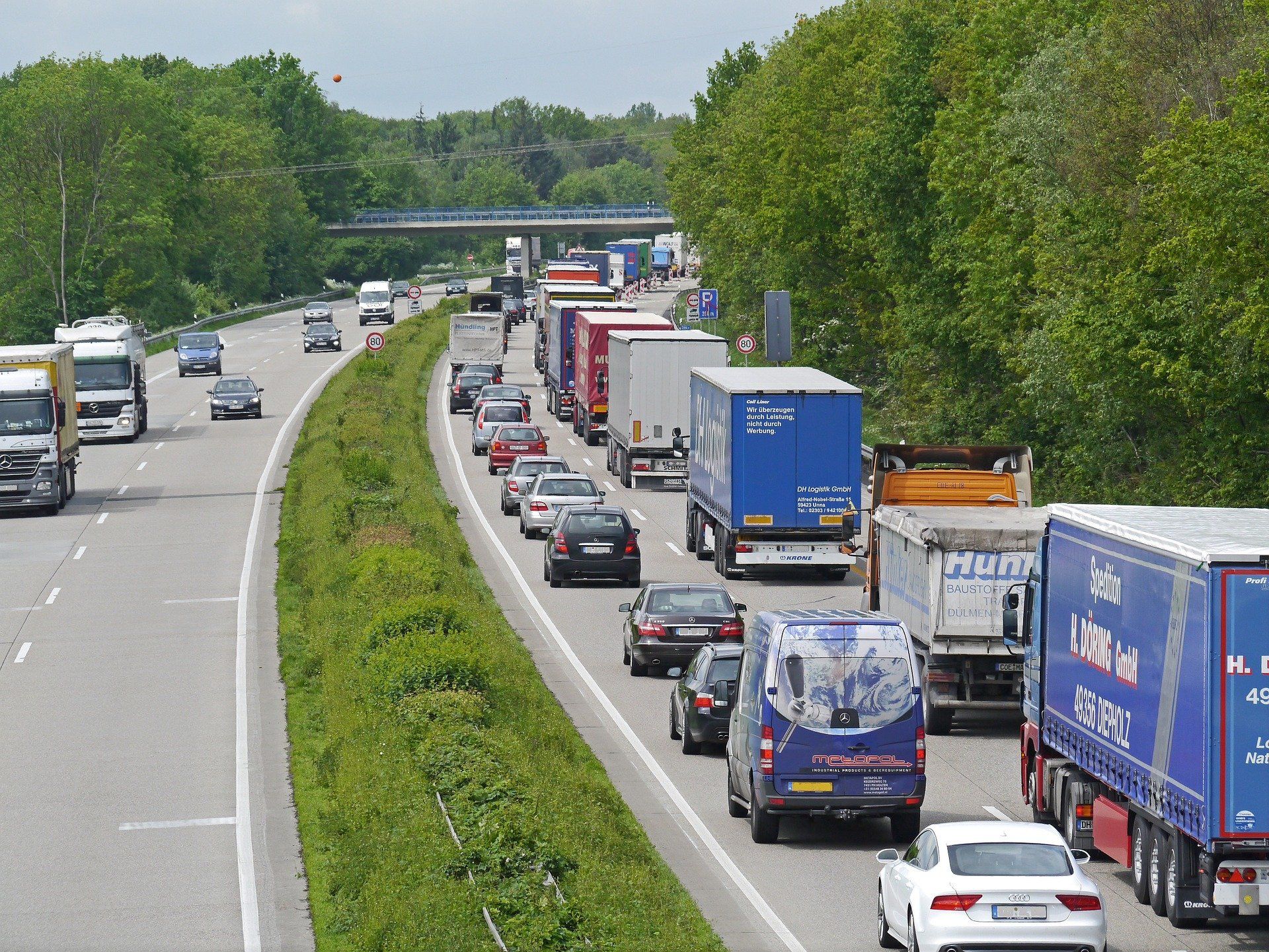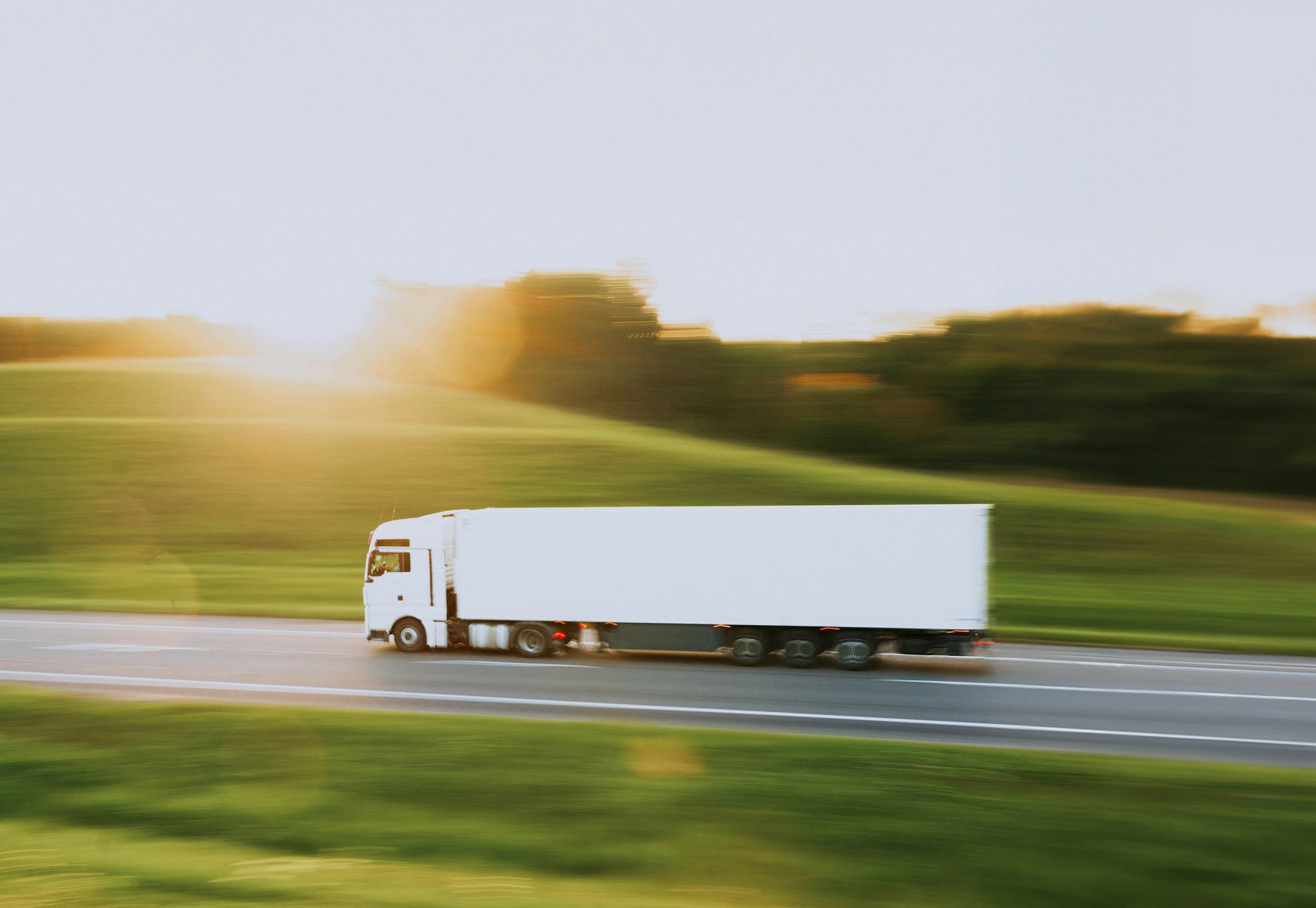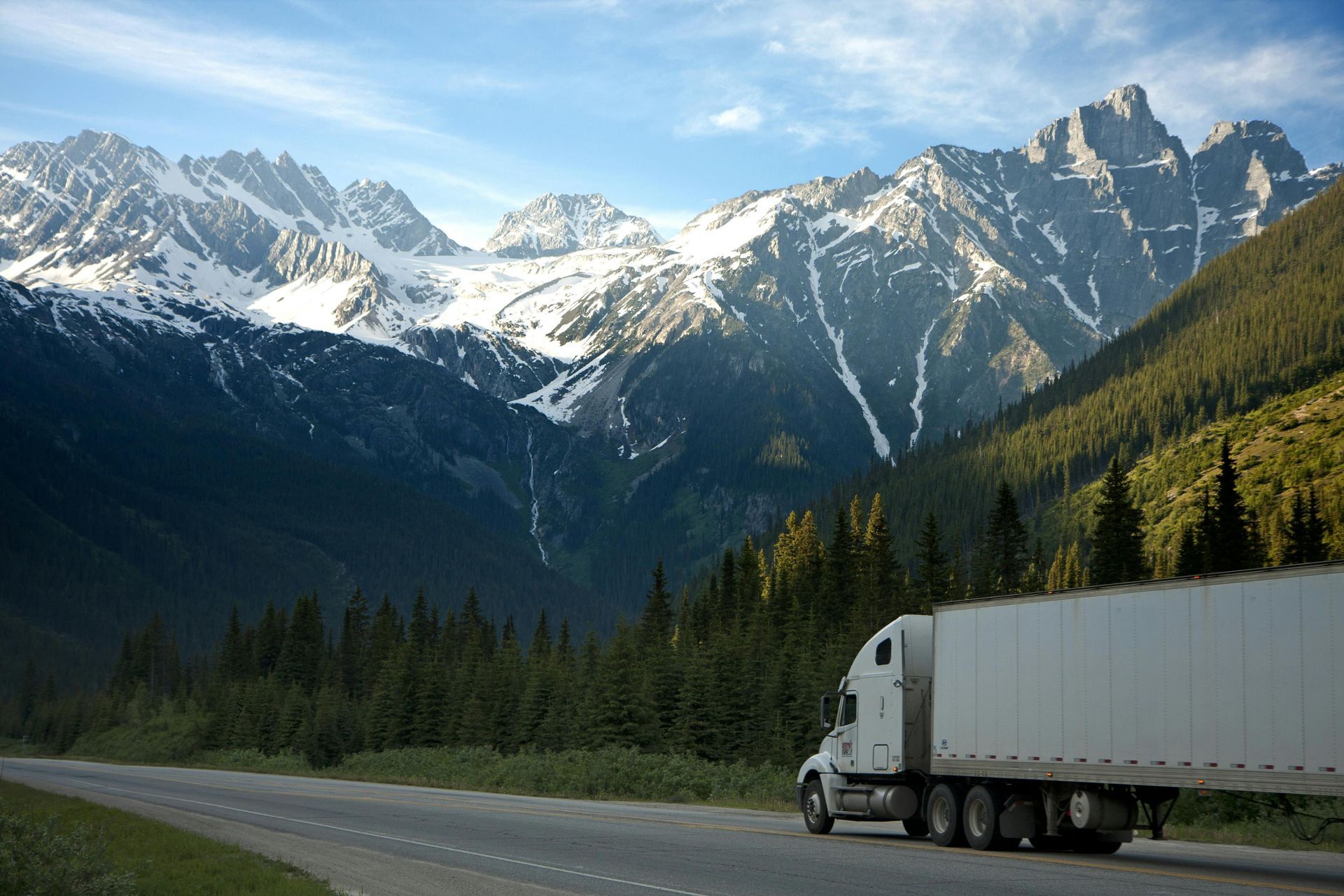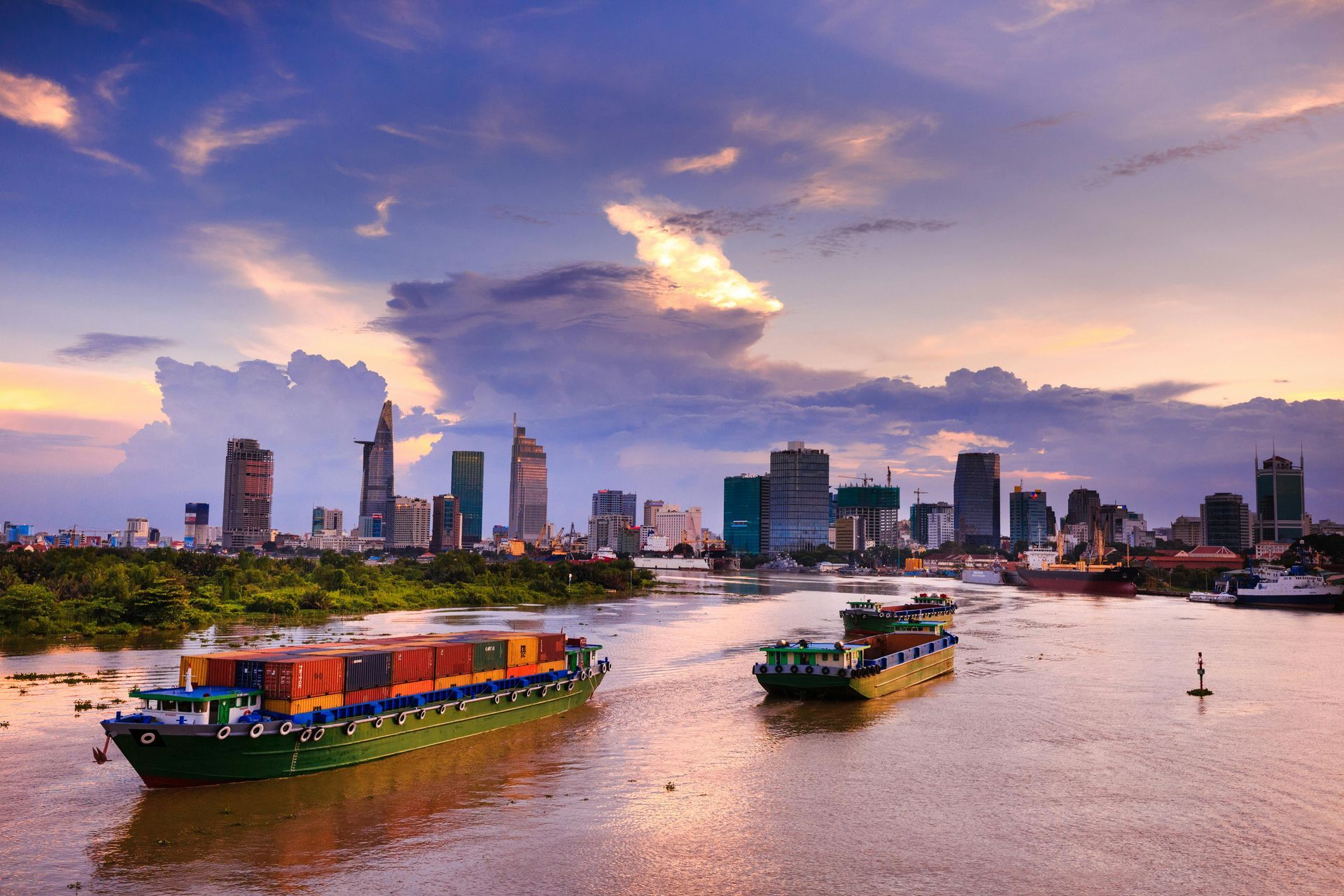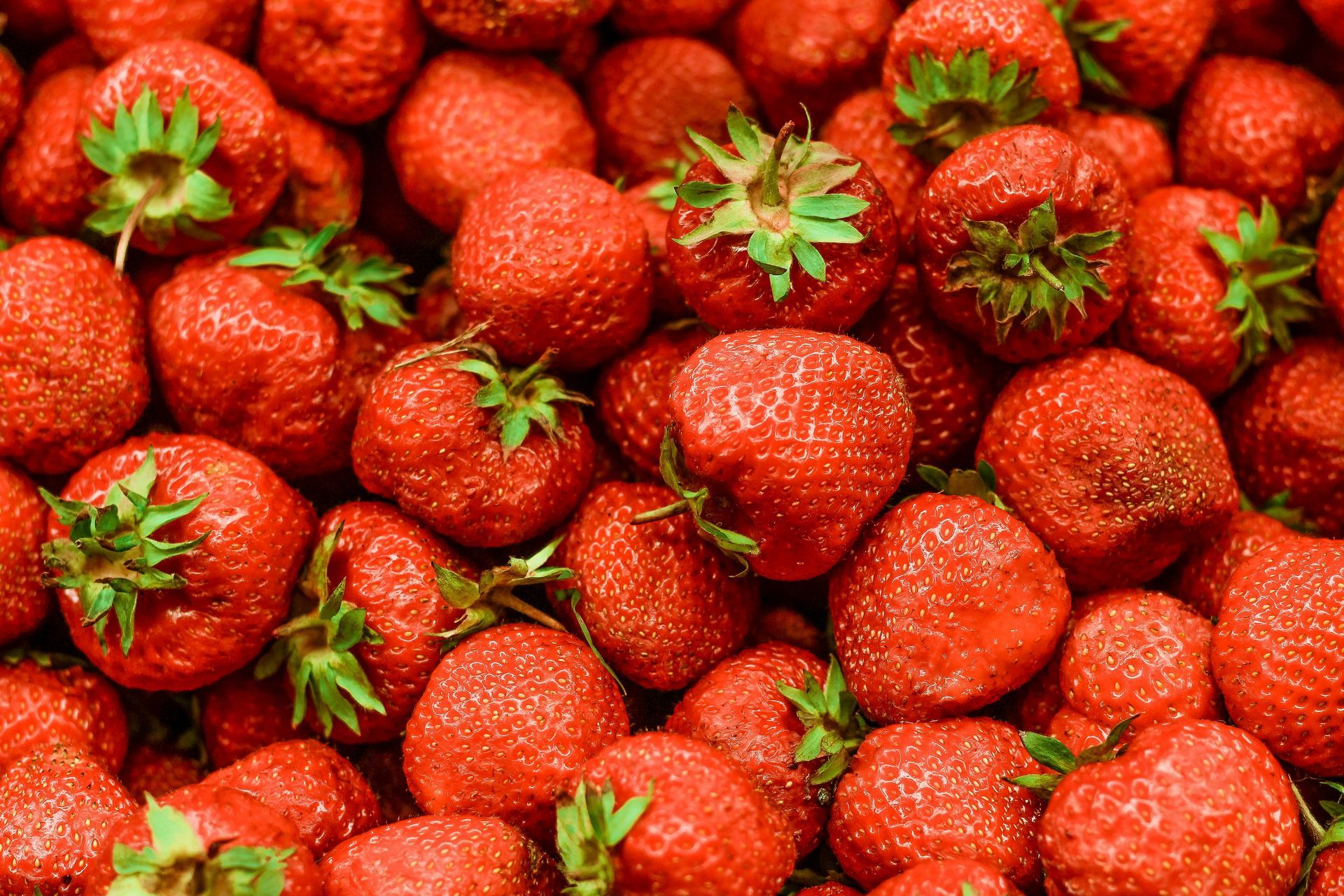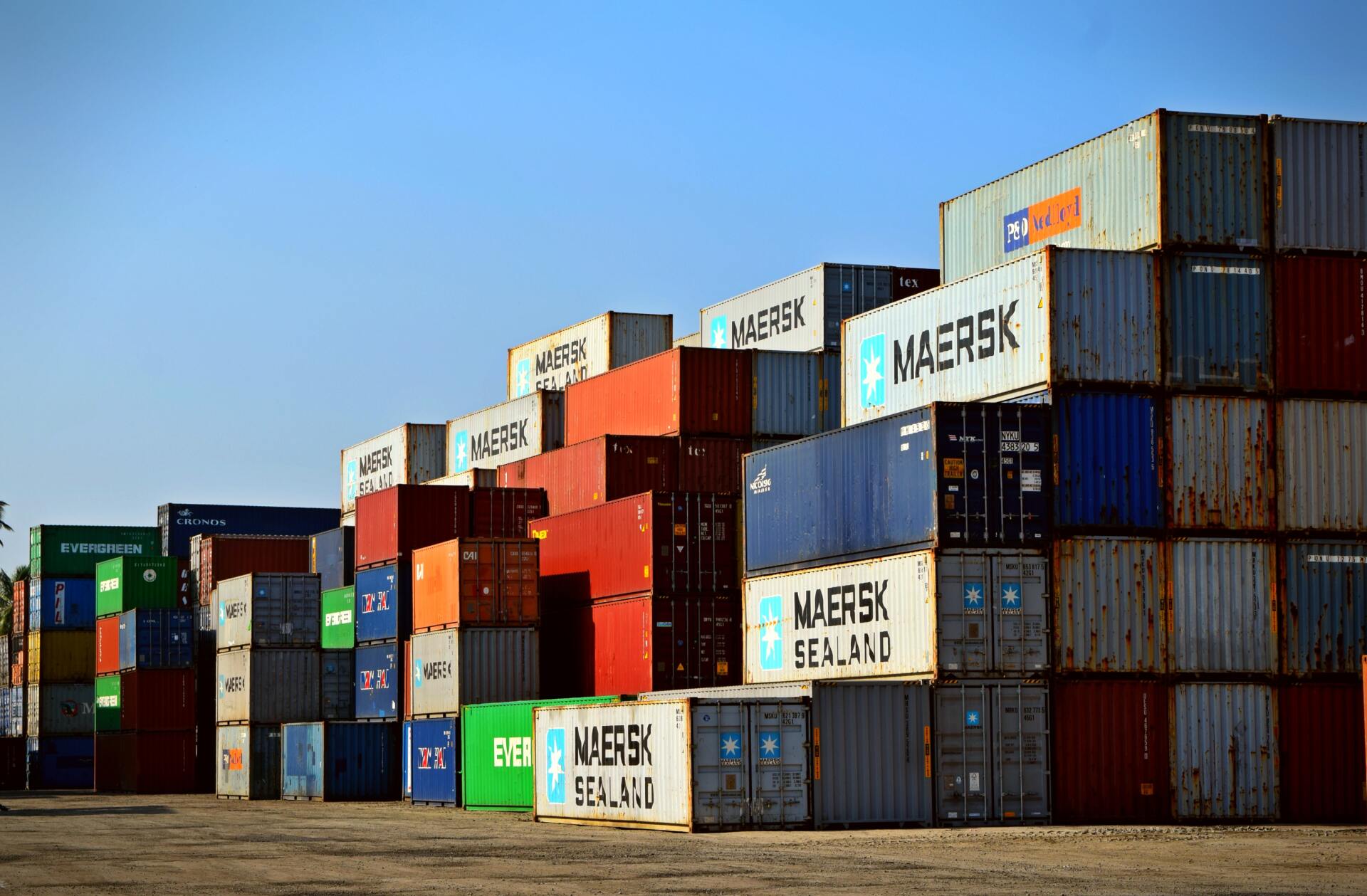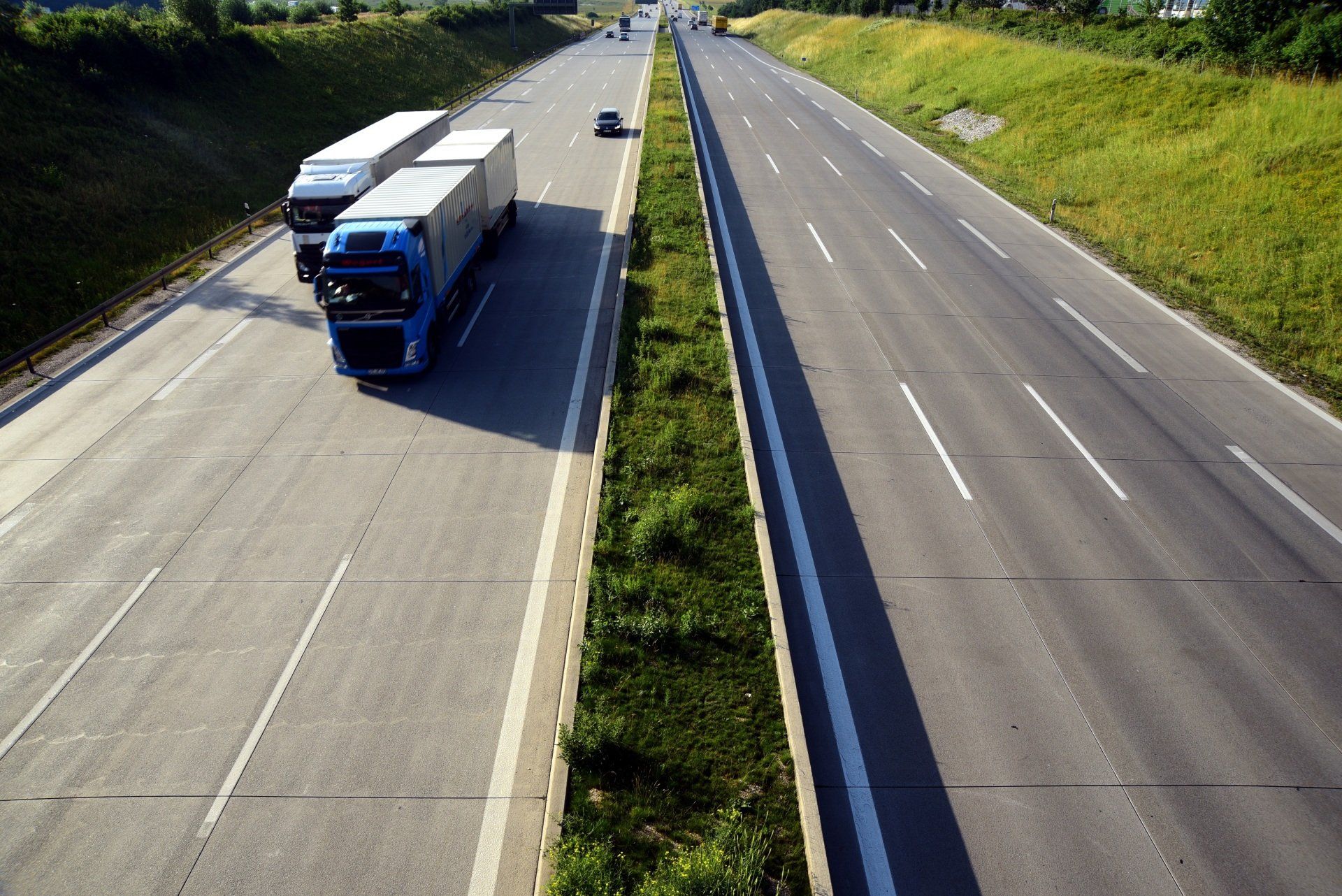Blog Layout
It is official, The Brexit deal is done!
December 29, 2020
After 4 years of intense negotiations, London and Brussels have finally agreed on their future cooperation.
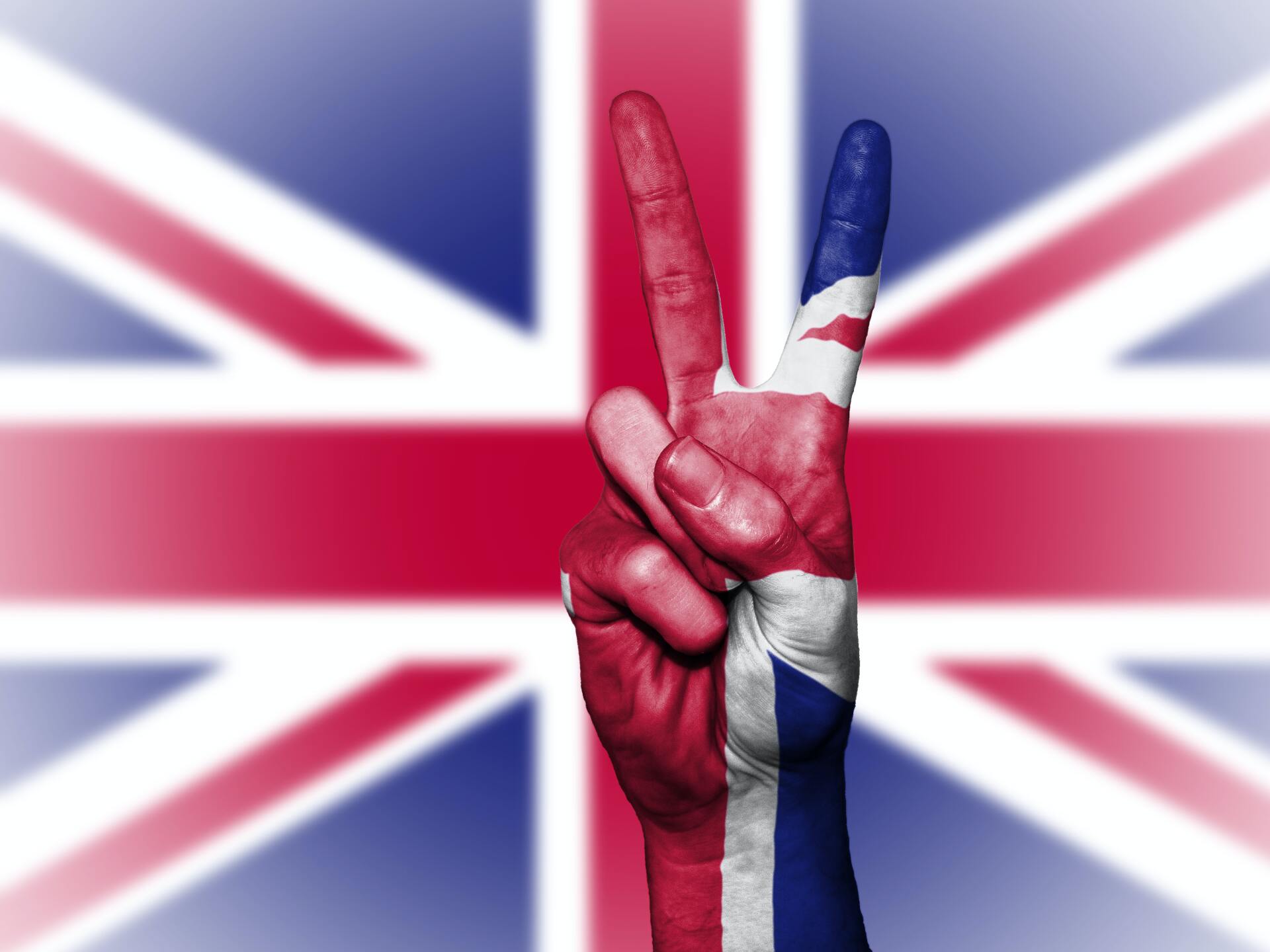
It is official, The Brexit deal is done!
“It was worth fighting for this deal because we now have a fair and balanced agreement with the UK, which will protect our European interests, ensure fair competition, and provide much needed predictability for our fishing communities.” -
said President of the European Commission, Ursula von der Leyen.
As of January 1st, United Kingdom will leave the EU single market. Trade between EU and The UK will be much more restricted.
The draft trade and cooperation agreement consist below deals:
Free and fair-trade agreement between the EU and other third countries such as Canada and Japan, with no tariffs and zero quotas on all goods, that comply with the respective rules of origin. This is especially important for sensitive goods such as machinery, agricultural and fish products. To take advantage of these unique trade preferences, companies must prove that their products meet all requirements and the necessary "rules of origin”. Border controls will take place between Great Britain and EU Member States. Under the Agreement, customs procedures will be simplified as agreed by both Parties, e.g., mutual recognition of programs for trusted traders ("authorized economic operators"). The controls will apply to all traded goods and both parties will closely cooperate against indirect taxes frauds and recovery of customs duties. Businesses will need to fill in the customs declarations.
The agreement covers not only trade in goods and services, but also a wide range of other areas of EU interest, such as road, rail, maritime and air transport ensuring a level playing field between the EU and the UK so as not to infringe passenger rights, labour rights and transport safety.
Transport is the main driver of economic benefits in EU-United Kingdom. In 2019, 196.9 million tonnes were moved between UK ports and the EU, increased by 1 % compared to the previous year. The EU is the largest trade partner with United Kingdom.
In addition, the agreement is covering data protection, tax transparency, investment, social security coordination, competition, fisheries, energy, security coordination and state aid.
United Kingdom will continue to develop fishing activities in the UK for at least five and a half years and will have a shared commitment to protect the environment, fight climate change and carbon prices. Food products will need veterinary certificates.
A new chapter begins in Britain's relations with its neighbours. Even with this agreement, the UK and the European Union will continue to negotiate different aspects of their relationship in the near future.
The end of the transition period will bring big changes and additional measures for British businesses and citizens.
Share this story

June 12, 2024
Navigating imports and exports between Europe and the United Kingdom has become more challenging after Brexit. With new rules and procedures in place, businesses must stay informed and adaptable. If you or your business plans to export goods from any European country to the UK, it's important to understand the current regulations. Our new article will guide you through the key steps to ensure a smooth export process.

December 20, 2021
In view of the upcoming holiday season, we would like to take this opportunity to thank our customers, logistics and overseas partners for their continued support and cooperation that we have established over the past year, and to advise on our services during the festive season. Our office will be open until 4 p.m. on Friday, December 24. We will then re-open on Tuesday 28 from 8am with fewer staff. May we be the first to wish you a Merry Christmas and a peaceful and prosperous 2022! INTL Network Logistics Team

